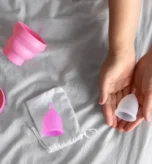Introduction: Why Blood Pressure Control Matters
Have you ever felt your heart race after an argument or a salty meal and thought, “How to lower my blood pressure instantly”? You’re not alone. High blood pressure—also called hypertension—is one of the most widespread chronic health issues worldwide, affecting over one in three adults.
Your blood pressure’s systolic (top) and diastolic (bottom) readings indicate how much force your blood applies to the walls of your arteries during a heartbeat and rest, respectively. If either value remains elevated for an extended period of time, it can put stress on your heart, harm your arteries, and raise your risk of heart attack, kidney disease, and stroke.

The good news? You can often bring your blood pressure down naturally using simple, science-backed habits. Whether you’re wondering “How do I get my blood pressure down?” or “Can I lower blood pressure without medication?” — this guide walks you through seven essential natural ways to do just that.
Let’s start with the one thing you can do right now — breathe.
1. Practice Deep Breathing to Calm Your Heart Rate
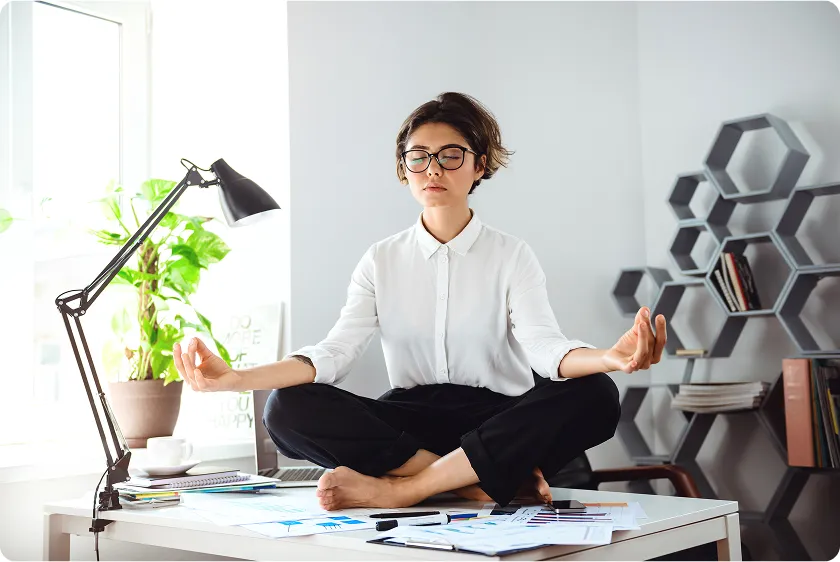
Why Deep Breathing Works
Stress causes your body to release adrenaline as part of its “fight-or-flight” response, which momentarily raises blood pressure. Breathing slowly and deeply reverses that process. Your heart and blood vessels relax as a result of your parasympathetic nervous system being activated.
Clinical research shows that just 6 deep breaths per minute for 10 minutes can lower systolic BP by up to 10 mmHg — almost as much as some mild medications.
How to Do It Properly
- Get into a comfortable position with your back straight and your shoulders at ease.
- Inhale air gently through your nose for 4 seconds.
- Hold your breath for 2 seconds.
- Exhale air gently through your mouth for 6 seconds.
- Repeat for at least 5–10 minutes.
This can be done anywhere — at your desk, in traffic, or before bed. For extra benefit, pair it with mindfulness meditation or yoga for high blood pressure, both proven to improve heart rhythm stability.
Bonus Tip
If anxiety or stress often trigger spikes, try guided breathing apps or calm background music to help you stay consistent. The more relaxed your mind, the healthier your heart.
2. Drink Water and Stay Hydrated
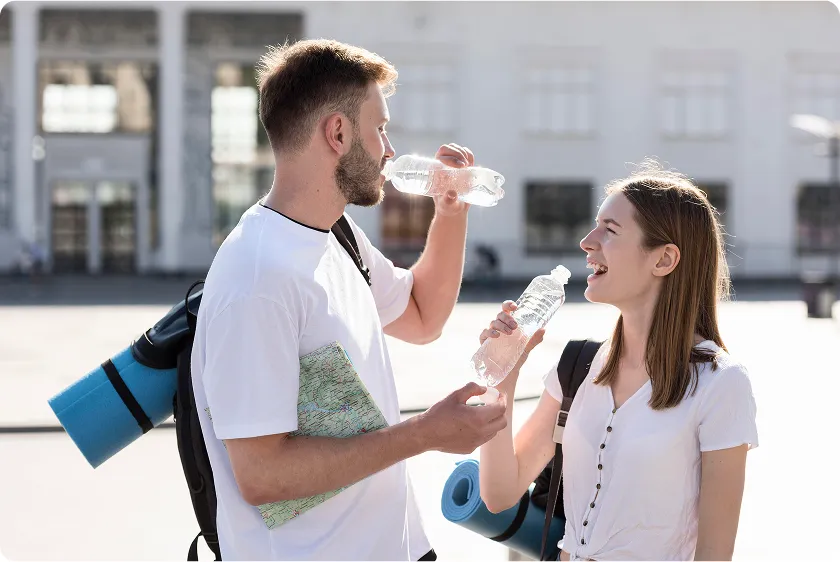
Hydration: The Simplest Home Remedy
Your blood pressure rises when you are dehydrated because your heart has to work harder to pump the thicker blood. Therefore, one of the quickest ways to reduce blood pressure is to drink a glass of water.
How Much Water Is Enough?
Experts recommend 8–10 glasses a day (2–2.5 liters). But your ideal amount depends on age, weight, climate, and activity level. People who sweat more, drink caffeine, or live in hot regions may need more to maintain optimal hydration.
Why Water Helps Balance BP
- Supports kidney function to flush out excess sodium
- Improves circulation and oxygen delivery
- Reduces strain on the heart and arteries
Try adding water that has been electrolyte-infused or natural flavors like mint, cucumber, or lemon. These promote increased drinking and offer antioxidants to help fight oxidative stress, which is a contributing factor to hypertension.
3. Eat Potassium- and Magnesium-Rich Foods
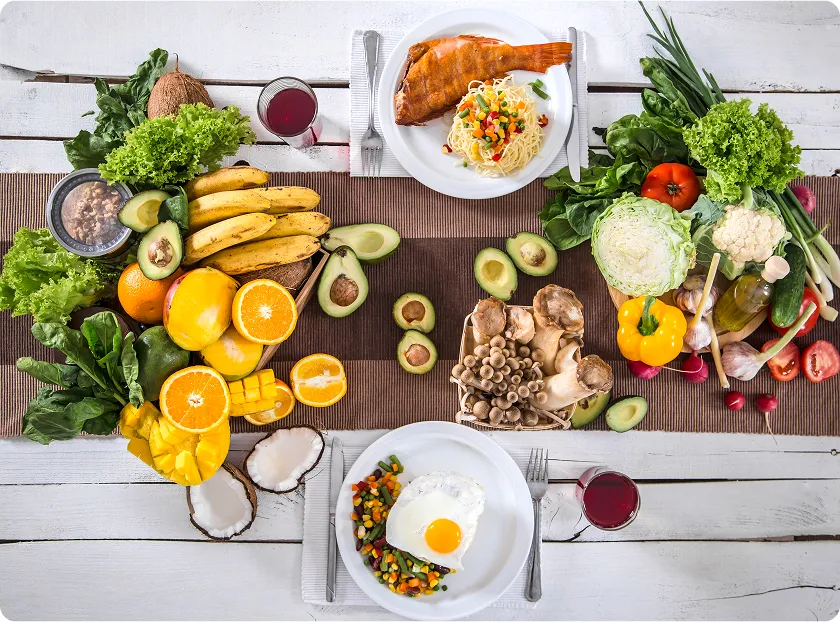
Nutrition: The Foundation of Blood Pressure Control
What you eat directly influences your blood pressure. Diets rich in potassium and magnesium foods are proven to lower BP by relaxing artery walls and counteracting the effects of sodium.
Foods That Lower Blood Pressure Naturally Table
Best foods to include for home remedies for high blood pressure.
| Nutrient Type | Examples | Benefits |
| Potassium-rich foods | Bananas, sweet potatoes, avocados, oranges, spinach | Flush sodium from the body, balance electrolytes |
| Magnesium foods | Almonds, dark chocolate, pumpkin seeds, tofu | Relax blood vessels and reduce vascular resistance |
| Calcium-rich foods | Yogurt, leafy greens, low-fat cheese | Maintain healthy heart rhythm |
| High-fiber foods | Oats, lentils, berries | Maintain a healthy heart rhythm |
Proven Diet Models
Dietary Approaches to Stop Hypertension, or DASH, places a strong emphasis on lean proteins, whole grains, fruits, and vegetables. Systolic readings can decrease by as much as 11 points after just two weeks of use. If you often wonder, “What foods reduce blood pressure?” — think whole, colorful, and unprocessed.
4. Reduce Salt Intake to Balance Blood Pressure
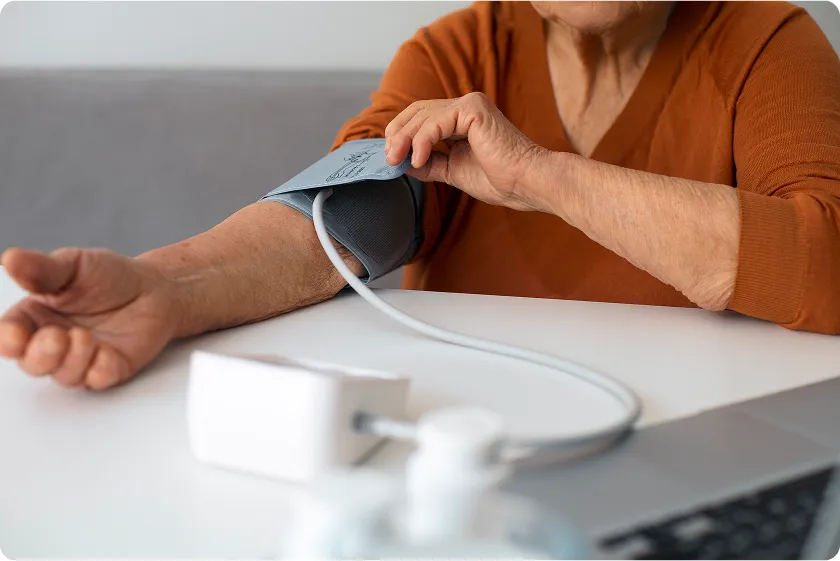
The Salt–BP Connection
Excess sodium is one of the top contributors to high blood pressure. The body retains water to dilute sodium, increasing blood volume and pressure. Reducing salt can lead to significant, quick results.
Simple Ways to Cut Sodium
- Use herbs and spices like oregano, garlic, and basil in place of salt.
- Steer clear of canned and processed foods as they frequently conceal high sodium content.
- Pay close attention to labels and select products labeled “low sodium.”
- When feasible, prepare meals at home..
Even cutting your sodium intake by 1,000 mg per day (about ½ teaspoon of salt) can lower blood pressure by 5–6 mmHg in many adults.
Real-Life Example
A 2023 study in the Hypertension Journal showed that middle-aged participants who switched from salty snacks to fruit and nuts saw measurable blood pressure improvements in just 10 days.
5. Move Your Body — Gentle Exercise Helps Instantly
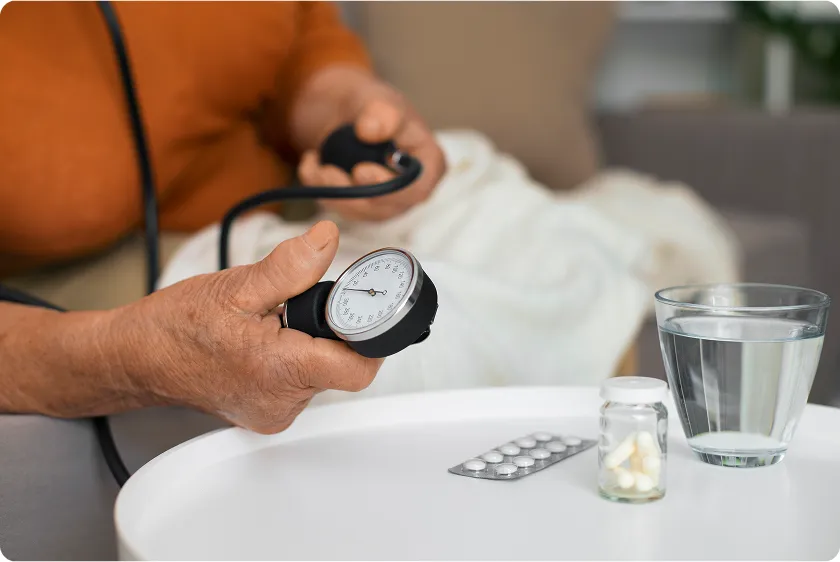
How Exercise Benefits Blood Pressure
Because exercise fortifies the heart, it can pump blood more effectively and with less effort. It’s also among the most effective natural methods for gradually lowering blood pressure.
What Exercises Lower Blood Pressure?
| Exercise Type | Duration | Effect on BP |
| Brisk walking | 30 minutes/day | Reduces systolic BP by 5–7 mmHg |
| Aerobic exercise | 5x/week | Improves overall cardiovascular function |
| Yoga/stretching | 15–20 minutes/day | Lowers stress hormones and improves circulation |
Tips for Success
- Start small — even 10 minutes of walking after meals helps.
- Use stairs instead of elevators.
- Combine aerobic with resistance training for better results.
- Track progress with a fitness app or smartwatch.
Regular movement is not only about immediate relief; it’s also long-term prevention. Remember, consistency beats intensity.
6. Manage Stress and Practice Mindful Relaxation
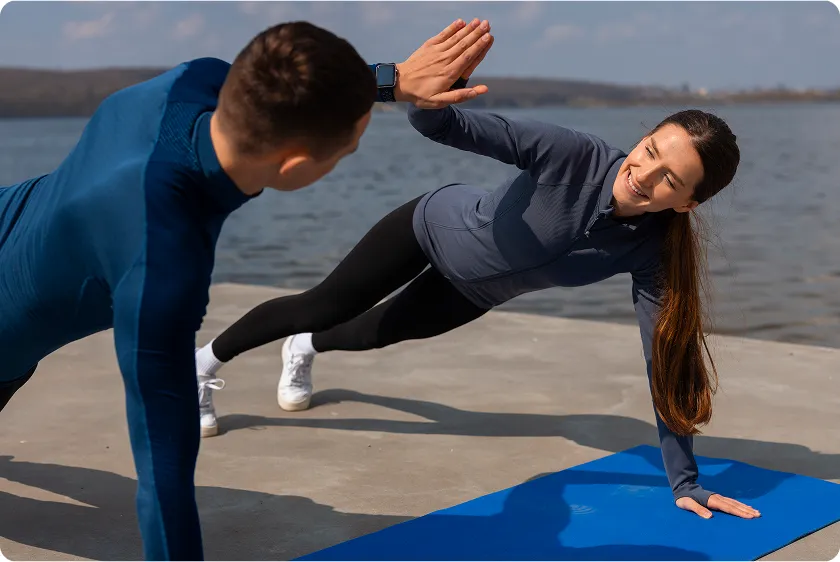
Why Stress Raises Blood Pressure
Your body releases adrenaline and cortisol when you’re under stress. Heart rate increases and blood vessel constriction are caused by these hormones. Chronic high blood pressure is the result of this over time.
How to Bring Stress Under Control
- Try mindfulness meditation for 10 minutes daily.
- Engage in hobbies that make you happy — gardening, painting, or reading.
- Limit caffeine and alcohol, which can amplify anxiety.
Prioritize sleep and rest to allow your nervous system to recover.
Mindful Moment Exercise
Next time you feel overwhelmed, pause and take five deep breaths. Focus only on the air moving in and out.
Case Example
People who practiced 15 minutes of meditation daily for eight weeks experienced average BP reductions of 10/7 mmHg — comparable to low-dose medication effects.
7. Rest and Monitor Your Blood Pressure Regularly
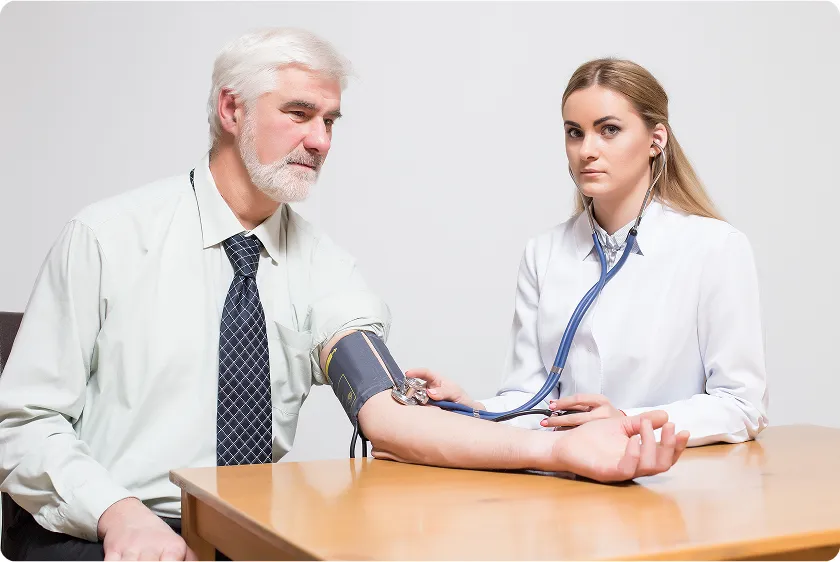
Sleep and Recovery: The Unsung Heroes
Hormonal changes brought on by prolonged sleep deprivation raise stress and blood pressure. Adults who get less than six hours of sleep each night are 20% more likely to develop hypertension.
To promote healthy sleep:
- Stick to a consistent bedtime.
- Keep your bedroom cool, dark, and quiet.
- Limit screen time an hour before sleep.
Monitoring Your Progress
Regular blood pressure monitoring at home helps identify triggers—like stress, diet, or caffeine—and track how lifestyle changes work for you.
Choose a high-quality digital monitor and check it at the same time daily, preferably morning and evening. Keep a log for your doctor.
When to Seek Help
If readings consistently stay above 140/90 mmHg, or you experience dizziness, headaches, or vision changes, seek medical advice promptly. Lifestyle remedies work best when combined with professional guidance.
FAQ: Common Questions About Lowering Blood Pressure Naturally
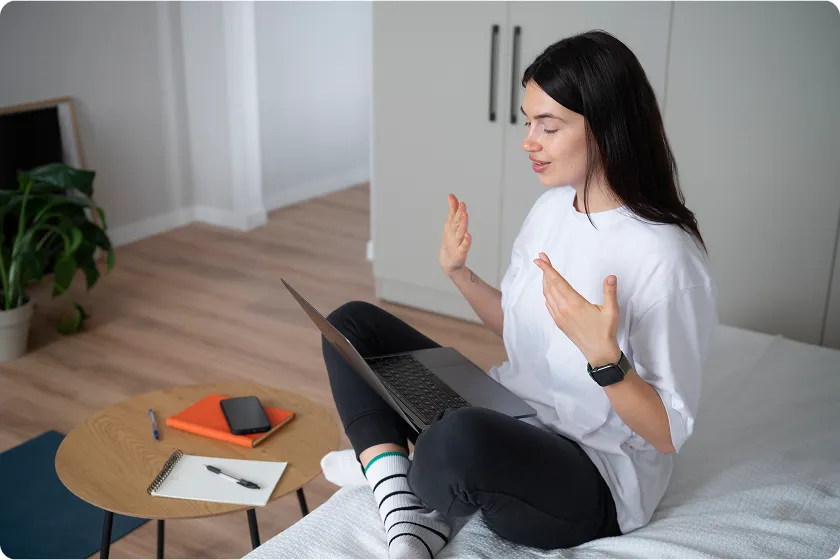
1. What is the fastest way to get blood pressure down?
The fastest natural way is to sit quietly, breathe deeply, and drink a full glass of water. Calm breathing slows your heart rate and relaxes blood vessels, helping pressure drop within minutes.
2. How do I bring my blood pressure down naturally?
Stay hydrated, reduce salt, eat potassium-rich foods, and move your body daily. Combining these actions creates a powerful, drug-free approach to long-term blood pressure management.
3. Can I lower blood pressure without medication?
Yes, many people successfully do. The key is consistency—following the DASH diet, exercising, and maintaining a healthy weight can sometimes reduce the need for medication under a doctor’s supervision.
4. What foods reduce blood pressure quickly?
Bananas, spinach, avocados, oats, and yogurt are excellent. These foods provide potassium, magnesium, and calcium—nutrients essential for regulating blood vessel tone.
5. How can my blood pressure be impacted by stress?
Stress causes the release of hormones that speed up the heartbeat and narrow arteries, which can result in either short-term or long-term increases in blood pressure.
6. When should I be concerned about hypertension?
If you have symptoms like blurred vision or chest pain, or if your blood pressure is higher than 180/120 mmHg, you should get medical help right away. This might point to a hypertensive crisis.
7. Does consuming water reduce blood pressure?
Indeed, drinking enough water keeps blood volume balanced and aids in the kidneys’ removal of excess sodium, which is a common cause of high blood pressure.
Conclusion: Take Charge of Your Heart Health Today
Learning how to lower blood pressure instantly doesn’t mean relying on shortcuts—it’s about understanding your body and making quick, smart choices. Whether it’s deep breathing, hydration, nutritious eating, or stress relief, each small step helps bring you closer to balance.
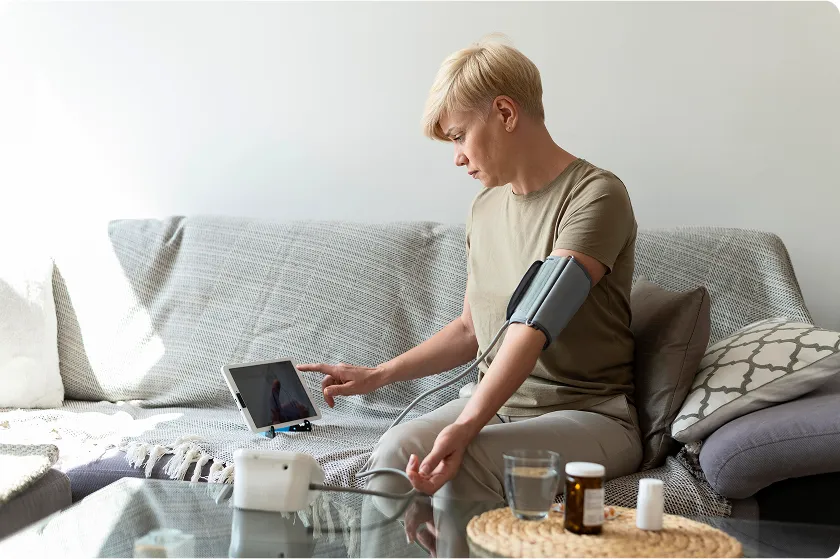
The best way to lower BP is through consistent, heart-healthy habits that nurture both body and mind. By choosing to bring down blood pressure without medication, you invest in lasting vitality, energy, and peace of mind.
Begin now. After a glass of water and a deep breath, go for a ten-minute walk. Your heart will be grateful both now and in the future.
Internal Links
- Bird Flu Symptoms in Humans and Animals: How to Recognize Early Signs
- Prostate Cancer Treatment Options: 7 Proven Ways to Recovery
- Do Potatoes Cause Constipation? 5 Myths Debunk



